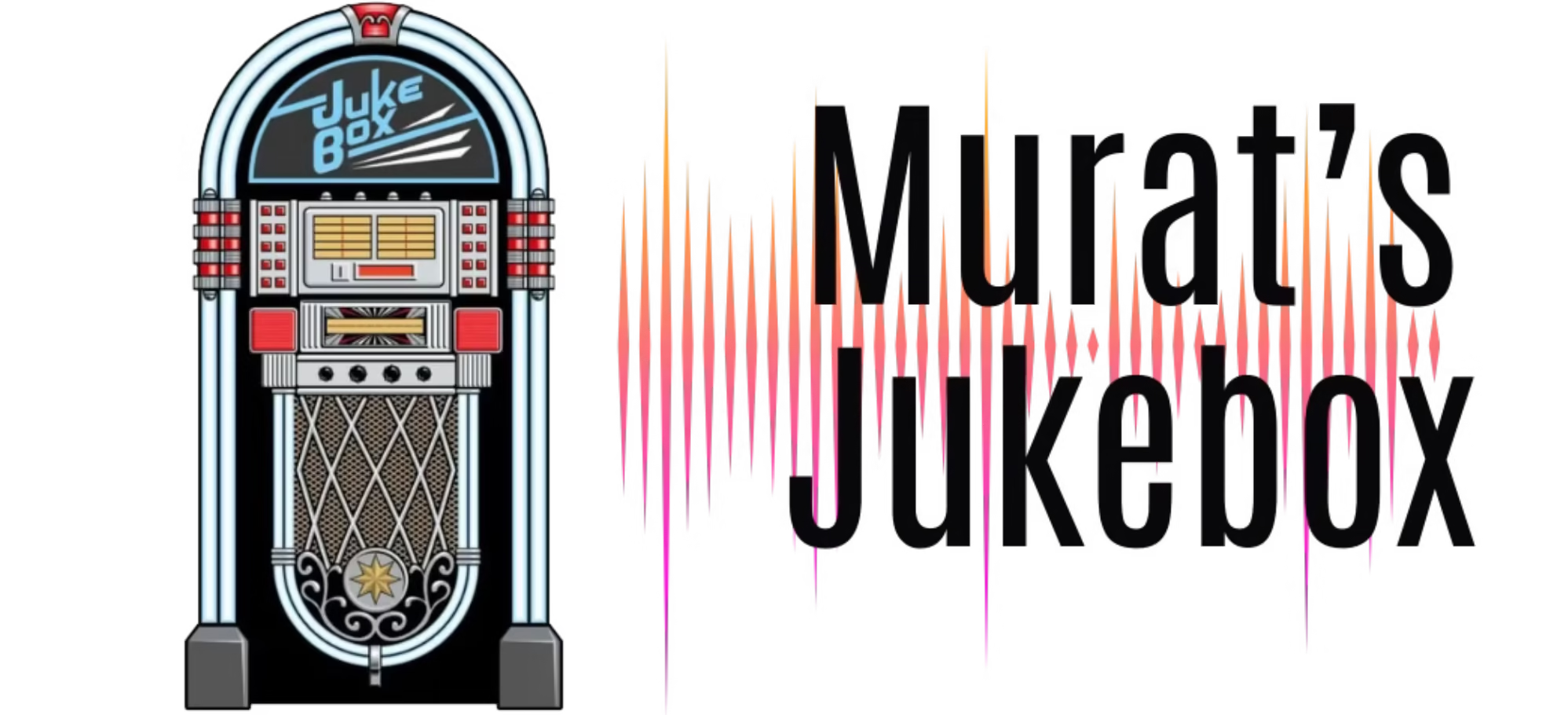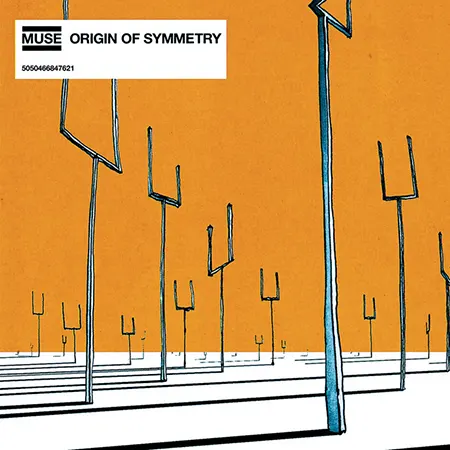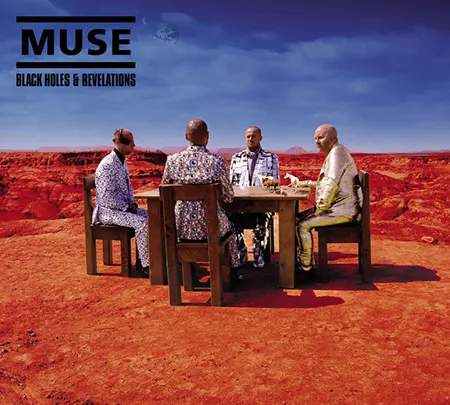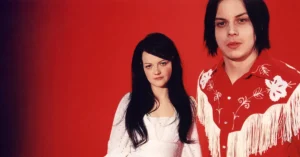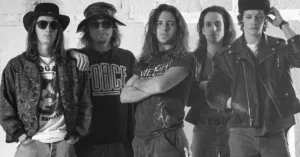Muse: The Futuristic Architects of Modern Rock
Muse. A Sonic Universe of Resistance, Dystopia, and Technological Grandeur
Few bands in the modern rock landscape have pushed boundaries as boldly as Muse. Emerging from the small town of Teignmouth in Devon, England, the trio transformed themselves from local hopefuls into global icons of a genre-defying sound. Combining elements of , , classical music, electronic textures, and operatic grandeur, Muse has created a musical identity that is as theatrical as it is powerful.
From paranoia-infused dystopias to thundering anthems of resistance and revolution, Muse stands at the crossroads of science fiction, symphonic rock, and postmodern political commentary.
Muse. Origins: From Small-Town Dreamers to World Conquerors
Muse formed in 1994, originally under names like Gothic Plague and Rocket Baby Dolls, before settling on their now iconic name. The founding and current members are:

- Matthew Bellamy – lead vocals, guitar, piano, primary songwriter
- Chris Wolstenholme – bass guitar, backing vocals
- Dominic Howard – drums and percussion
The group’s chemistry was undeniable from the start. Their early gigs were charged with raw energy and over-the-top showmanship, and it quickly became clear that Muse was a band determined to go beyond the ordinary.
Showbiz (1999): The Launch
Muse’s debut album Showbiz introduced their signature sound: Bellamy’s falsetto vocals, soaring guitar riffs, and piano melodies wrapped in a melancholic yet ambitious package. Though often compared to Radiohead at the time, Showbiz had its own youthful aggression and cinematic sweep, foreshadowing Muse’s future complexity.
Key tracks:
- Sunburn
- Muscle Museum
- Unintended
Origin of Symmetry (2001): The Breakthrough
With their second album, Muse fully came into their own. Origin of Symmetry is a tour de force of experimental rock, with church organs, distorted bass lines, and a growing sense of theatrical rebellion.
This album established Muse not just as a talented rock band, but as visionaries. The songwriting embraced chaos, technology, and emotion in a compelling synthesis.
Key tracks:
- New Born
- Plug In Baby
- Bliss
- Citizen Erased
Absolution (2003): Apocalyptic Grandeur
On Absolution, Muse fully embraced grand themes: war, death, religion, and the end of the world. With bombastic orchestrations and cinematic scope, this album marked a turning point—Muse had evolved into arena rock giants.
Key tracks:
- Time Is Running Out
- Hysteria
- Stockholm Syndrome
- Apocalypse Please
Black Holes and Revelations (2006): Political and Galactic
This album represented a sonic expansion—adding funk, electronic, and even space-western influences. Muse took a more overt political tone here, with themes of resistance, surveillance, and revolution permeating the lyrics.
Key tracks:
- Knights of Cydonia
- Supermassive Black Hole
- Starlight
- Map of the Problematique
Muse. Later Albums: Evolution, Concept, and Spectacle
The Resistance (2009)
Inspired by Orwell’s 1984, this album fuses rock with classical arrangements, including a three-part symphony (Exogenesis). It’s one of Muse’s most ambitious records.

The 2nd Law (2012)
Muse pushed into dubstep and electronic territory here while reflecting on energy crises and economic collapse.
Drones (2015)
A concept album centered around drone warfare and dehumanization, Drones returned to a heavier, guitar-driven sound.
Simulation Theory (2018)
Muse embraced full-on retrofuturism and synthwave aesthetics, combining pop culture visuals with themes of simulated realities and digital manipulation.
Muse. Live Performances: Theatrical and Monumental
Muse concerts are legendary for their production values. Giant robots, laser shows, acrobatic visuals, and futuristic set designs make their performances feel like immersive sci-fi spectacles. Bellamy’s charisma and virtuosity, Wolstenholme’s thunderous bass, and Howard’s rhythmic precision create a powerful synergy on stage.
Muse. Legacy: Rock’s Last Great Innovators?
Muse is often described as one of the last major rock bands to achieve massive mainstream success while still taking creative risks. Their fusion of genres, conceptual ambition, and dramatic flair has influenced countless newer acts and brought intellectual weight back to mainstream rock.
Interesting Facts
- Matthew Bellamy holds a Guinness World Record for most guitars smashed during a tour.
- Muse is the first band to sell out the new Wembley Stadium two nights in a row (2007).
- Their track Supermassive Black Hole gained massive recognition after featuring in Twilight (2008).
- Bellamy is known for his custom Manson guitars, often embedded with Kaoss Pads and MIDI controllers.
Discography Overview
- Showbiz (1999)
- Origin of Symmetry (2001)
- Absolution (2003)
- Black Holes and Revelations (2006)
- The Resistance (2009)
- The 2nd Law (2012)
- Drones (2015)
- Simulation Theory (2018)
- Will of the People (2022)
Conclusion: Visionaries of the Modern Age
Muse is not just a band, but an experience—a fusion of music, philosophy, and futuristic aesthetics. From intimate ballads to stadium-sized anthems, their soundtracks tap into the anxieties and hopes of a tech-driven world. Love them or not, Muse remains one of the few contemporary rock acts that dares to think as big as the galaxies they often sing about.
